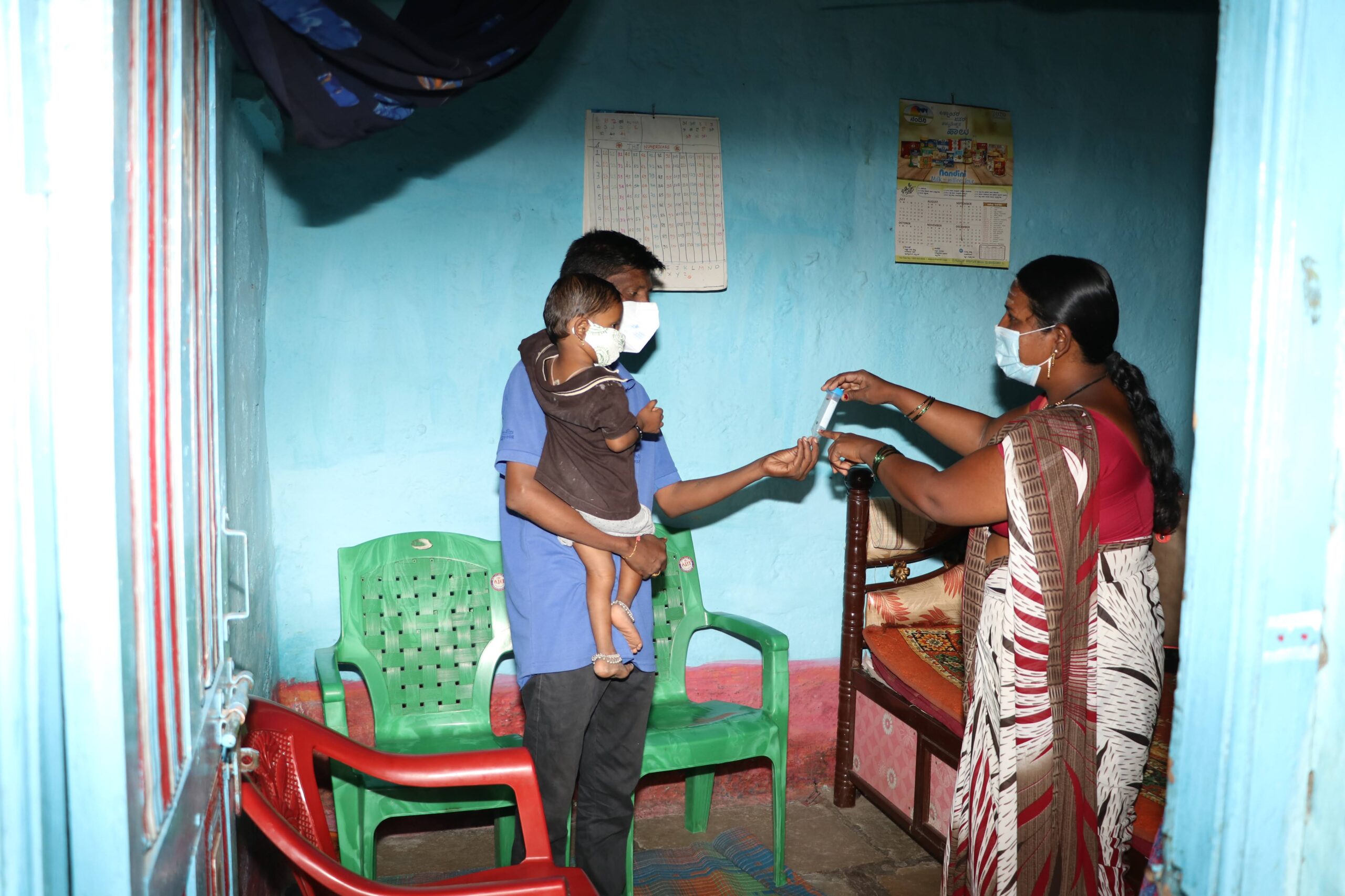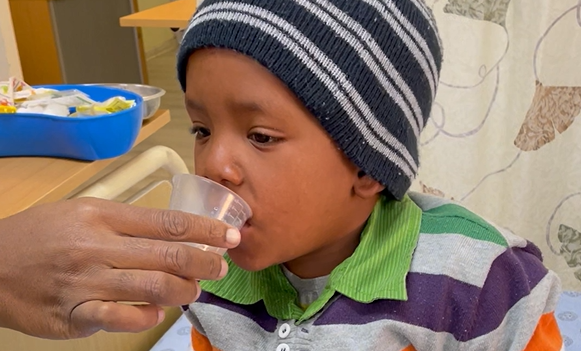The problem
Tuberculosis (TB) is still the deadliest infectious disease worldwide, killing over 1.5 million people each year. These deaths are preventable as TB can be cured with appropriate treatment. However, several barriers stop patients from recovering from this disease, including long and complicated treatment regimens that require taking several pills every day over many months. After a few months of treatment, many patients feel better and may stop taking their medicine, which can cause the illness to return, drug resistance to develop, and TB transmission to continue.
Meanwhile, the World Health Organization has recommended several new treatment regimens for drug-resistant TB that are shorter and more tolerable for patients. Making treatment easier for patients is the best way to ensure a person manages to complete their drug regimen and get cured, but many people still do not have access to newer treatments.
Our response
Digital adherence technologies such as ‘smart’ pillboxes and mobile technology could help patients manage their treatment and connect them with remote support from health centers. In its first phase, the ASCENT project supported more than 19,000 people with their TB treatment using these technologies.
In response to the WHO’s recommendation of shorter and safer treatments for drug-resistant TB, the project expanded its focus to accelerate adoption of the new regimens. In this second phase of the project, the ASCENT team is working with community and civil society structures to generate awareness and demand, supporting countries with implementation and scale-up, and designing and executing marking shaping interventions to help secure a global affordable market for WHO-recommended diagnostics and medicines.
Our partners
The Dutch KNCV Tuberculosis Foundation is the lead of the Adherence Support Coalition to End TB (ASCENT) project, which includes PATH, the Aurum Institute and the London School of Hygiene and Tropical Medicine and the Treatment Action Group.








